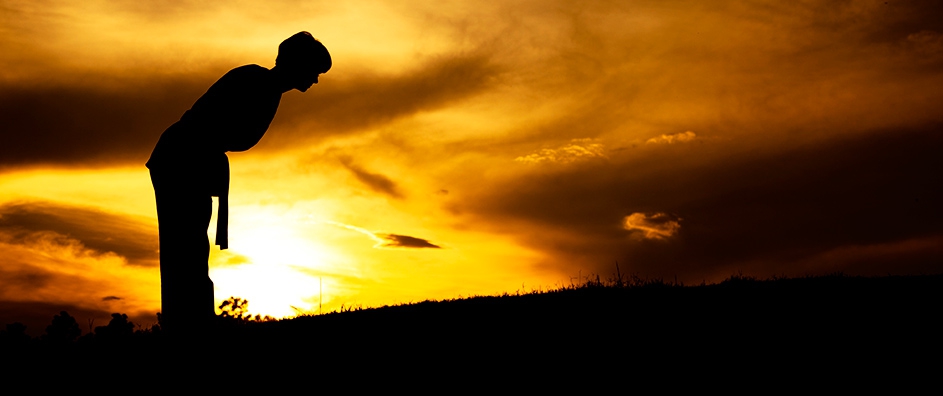The views expressed in our content reflect individual perspectives and do not represent the authoritative views of the Baha'i Faith.
The great Liberator of Science, Rene Descartes (31 March 1596 – 11 February 1650), was a French philosopher, mathematician and writer who spent most of his life in the Dutch Republic. Dubbed the “father of modern philosophy” his work is studied carefully even today. Much subsequent Western philosophy simply responds to Descartes’ writings.
Descartes arrived at a single foundational principle: thought exists. He said “Thought cannot be separated from me, therefore, I exist.” Most famously, we know this as cogito ergo sum in Latin, or in English: “I think, therefore I am.”
The philosophy and realities of Descartes exposed and liberated science from the chains of religious dogma common in Europe and elsewhere at the time. Another way of understanding his profound insight into humankind–“I am body and I am mind”–he labeled “dualism.” These ideas still prevail today—many people, especially in the western world, define themselves this way.
Dualism does not go far enough, however, in describing human beings. It excludes the most important aspect of human existence–our spirit. Many people have pointed out this glaring omission in Descartes’ philosophy, but George Williams, a British draper, did something about it. Appalled by the terrible conditions in London of young working men in the 19th Century, he gathered a group of his fellow drapers together to create a place that would not tempt young men into sin–the YMCA, which he founded in June of 1844.
I still remember as a nine year old boy in 1959, wearing my white beginner’s Gi (uniform), learning Jujitsu at the Y from a master teacher. The Young Men’s Christian Association, now a worldwide organization, has more than 57 million beneficiaries from 125 national associations. It aims to put Christian principles into practice by developing a healthy “body, mind, and spirit,” reflected in the sides of this red triangle, part of all YMCA logos.
If Descartes called his mind/body dichotomy dualism, you could call this belief in all three human realities “Triism.”
Billions of people would agree wholeheartedly with the presence of these three realities in all of us. However, physical science has not yet discovered “hard” evidence of what most of the world’s people already know. Faith in a human spirit leads not just to discovering one’s full, true self, but also discovering the best in humankind, as exemplified by the saints, prophets and major messengers of God–manifestations such as Buddha, Krishna, Zoroaster, Moses, Christ, Muhammad and more recently, the Bab and Baha’u’llah.
These revelators, along with many more whose names are lost to history, named spirit as the foundational component of humanity. In all their teachings, the prophets of God and the founders of the world’s great Faiths say the human spirit defines our reality. When we search for our own spiritual core, our soul, these divine educators and messengers say we embark on the true search for our deepest being.
Our own spirit, our soul, gives us life. How could it be otherwise? What animates a human being in the embryo to begin with? In other words, we all live the life of the spirit. In the creation stories and myths of most cultures, we learn that God created man in His own image—which doesn’t refer to a physical image, but a spiritual one. These beautiful passages from the Baha’i writings illustrate that mystical truth:
O Son of Man! Veiled in my immemorial being and in the ancient eternity of My essence, I knew My love for thee; therefore I created thee, have engraved on thee My image and revealed to thee My beauty. – Baha’u’llah, The Hidden Words, p. 4.
O Son of Being! Thy heart is my home; sanctify it for My descent. Thy spirit is My place of Revelation; cleanse it for My manifestation. – Baha’u’llah, The Hidden Words, p. 17.
The ancients, philosophers, prophets and manifestations, one and all, have taught and written volumes upon volumes on this powerful theme. They knew that humans will always search for our own spirit, for what makes us who we are.
Life, internal in our minds, or external in our bodies and in the world, impels us on a journey toward the discovery of the most important thing that exists–knowledge of our own selves, and the life of the spirit.


















Comments
Sign in or create an account
Continue with Googleor